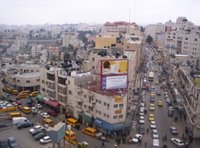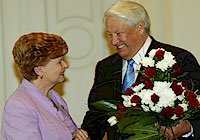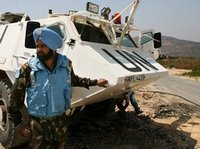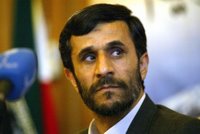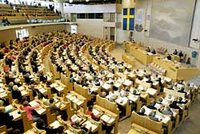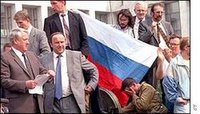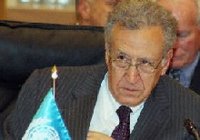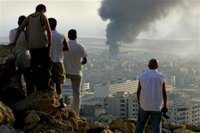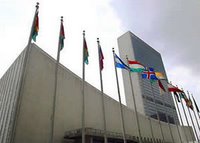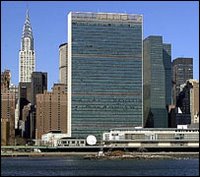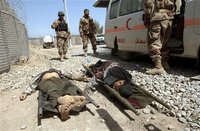Coming Clash of Mitrovica?
 I'm getting increasingly worried over where the talks over the future status of Kosovo are really heading.
I'm getting increasingly worried over where the talks over the future status of Kosovo are really heading.Over the course of the process so far, there have been very little done to try to build some sort of confidence across the ethnic divide in Kosovo and the region.
On the contrary, it is my impression that the divide has recently deepened even further.
A grenade attack against some Serbs by an Albanian in northern Mitrovica in northern Kosovo the other day lead to a further escalation of feelings. There are reports of an increasing number of weapons in the area.
With time now running fast, there seems to be very limited possibilities of some sort of agreed or semi-agreed outcome before the end of the year. If the so called international community sticks to its timetable, there are increasing signs that we are heading for trouble.
And it could easily get very nasty.
If the independence of Kosovo is just imposed by diktat, I believe there are two possible scenarios for Serb-dominated northern Kosovo.
The first is that they simply refuse to go along and block the access of Prishtina authorities to the area, in extreme case with armed violence.
In that case, NATO could of course escort Kosovo Albanian officials in the area, as well as try to block all borders with Serbia. But such a NATO occupation and military rule of the area can't last for long.
And in the course of it, there would be a high risk both of violence in that area itself - primarily by the Serbs - as well as by Albanians against Serbs in more exposed locations in central and southern Kosovo.
The second scenario would be that the Serbs simply see themselves as betrayed, and there is an immediate and massive exodus of both them and other minorities from Kosovo.
We will get an ethnically pure Kosovo, as well as perhaps 100 000 new refugees in Serbia with all the political consequences this might have.
And then there is of course the - perhaps most likely - scenario of first the first and then the second scenario being played out.
Violence, ethnic cleansing and mass refugee movements...
On present trends, I fear that's where the present process is heading.




